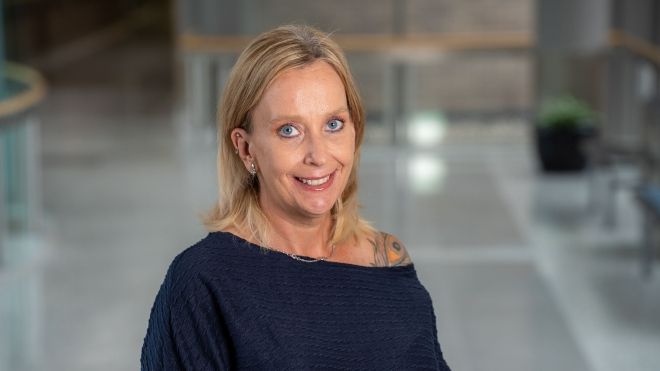
Three out of ten Ontarians aged 18 and up are affected by mental health issues, according to data from a poll conducted earlier this year by IPSOS on behalf of Ontario Shores Centre for Mental Health Sciences (Ontario Shores).
To put that in perspective, that's 4.5 million adults or 30% of Ontario's population.
The pandemic has caused a huge increase in the number of people who need mental health services. This has put more pressure on a system that was already overburdened in Canada.
There has always been a significant demand for trained experts in the field of mental health. Complicating efforts to meet this demand is the fact that university and college institutions in Ontario's healthcare sector have large curricular gaps in relation to mental health. As a result, access to mental health professionals remains a challenge. Adding to the need, Canada is facing a severe nursing shortage.
The country's current nursing workforce requires an immediate strategy to more effectively educate and prepare them to provide patients with mental health services based on the best available scientific evidence.
Mental health nursing is a specialized field that requires experts with distinct skill sets, perspectives, and understandings. The small amount of formal training that most nurses and other health care workers get in mental health is not enough to deal with the wide range of mental health needs they will see in practice.
We are delighted to be partnering with TALENT, a workforce planning and development subsidiary of Ontario Tech University, which is working with us at Ontario Shores to create a suite of microcredential courses for nurses. Rapid-cycle training is a key component of these credentials, and it will be used to fill critical knowledge gaps for clinicians working in the field of mental health. Together with TALENT's learning design experts, Ontario Shores' Professional Practice leads, frontline clinicians, and scientists, who are all experts in mental health care, are designing, launching, and evaluating a set of microcredentials that are grounded in evidence-based practices and real-world experience.
A key differentiator of microcredentials is their focus on competency-based learning developed and verified through the learning experience, an aspect of which we are especially proud. Evaluations and needs analyses done by Canadian healthcare organizations will help shape future training needs in areas like therapeutic communication, trauma-informed care, recovery-oriented care, mental health pharmacology, and managing clients with multiple disorders like psychosis and schizophrenia.
These microcredentials are geared toward recent nursing graduates and practicing nurses who want to expand their skills and competency in mental health nursing.
Patients and those in need of mental health care will no doubt benefit from this and other efforts we've made to improve staff efficiency and the quality of care they receive.
We're excited to be able to work with the brilliant team at TALENT and help meet the growing need for mental health professionals and clinicians who can meet the unique needs of people with mental illness.
If you're interested in participating in this exciting initiative, there are many ways to get involved: you can take a microcredential course as a learner; you can contribute to the development of new microcredentials as a Subject Matter Expert (SME); and/or you can be a microcredential facilitator as a Skills Coach. Learners are encouraged to register today.
If you would like to learn more about how to become an SME or a Skills Coach, please contact Tim Pauley, Director, Research & Academics, at @email.
To learn more about these microcredentials or our partnership, please contact me at @email Rachel Sumner Executive Director, TALENT™ at @email



